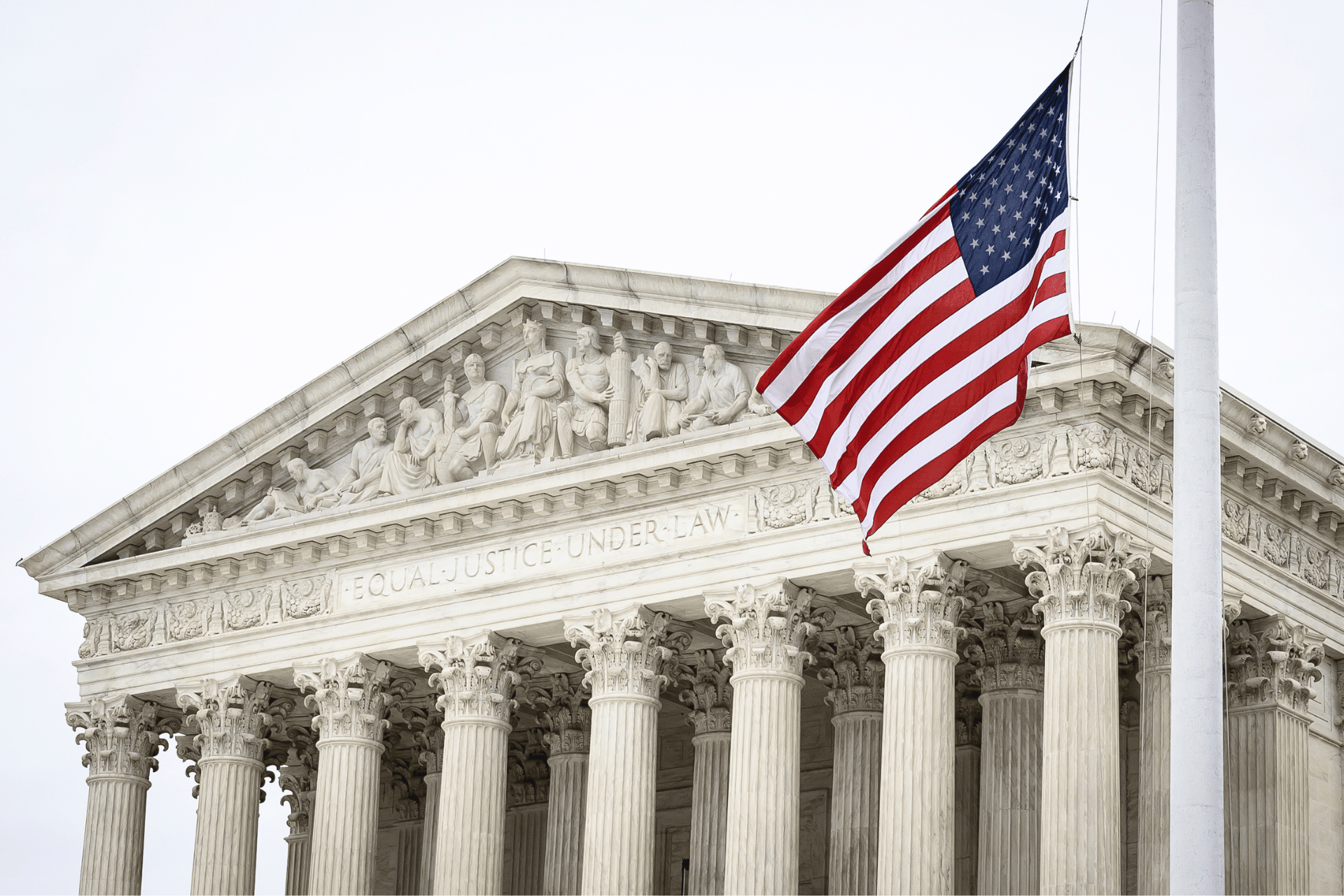The Supreme Court agreed to hear a case about whether decisions made by the Board of Immigration Appeals (BIA) considering extreme hardship can be reviewed. The case focuses on the cancellation of removal for exceptional hardship. In another case, the Supreme Court will consider what qualifies as sufficient notice regarding immigration matters.
There is a disagreement among circuit courts regarding whether appeals courts can review BIA decisions that deny cancellation of removal for noncitizens who cannot prove exceptional hardship for their family members who are lawful permanent residents or U.S. citizens. The case involves an individual who stayed in the country after their visitor visa expired. They were arrested, and as a result, removal proceedings were initiated against them. An immigration judge ruled that the individual’s removal would not cause a financial or emotional hardship that goes beyond what is typically experienced when a parent is removed, and there is no exceptional hardship. The BIA agreed with the judge’s decision. However, the Third Circuit found that they do not have the authority to review the BIA’s decision under Section 1252(a)(2)(B)(i) of Title 8 of the U.S. Code.
The Supreme Court also agreed to hear three additional cases related to immigration, which have been consolidated into one case. These cases revolve around whether removal proceeding notices given to individuals are adequate if they do not include the time and place of the immigration hearing in a single document. Some individuals are seeking to reopen their in absentia removal orders when the necessary information about where and when to appear was not provided in a single document. The Justice Department and the Biden Administration encouraged the Court to address this issue.
If you have questions about removal proceedings or other immigration-related matters, please contact us. We stay updated on the latest immigration news and policy changes and guide our clients every step of the way.

